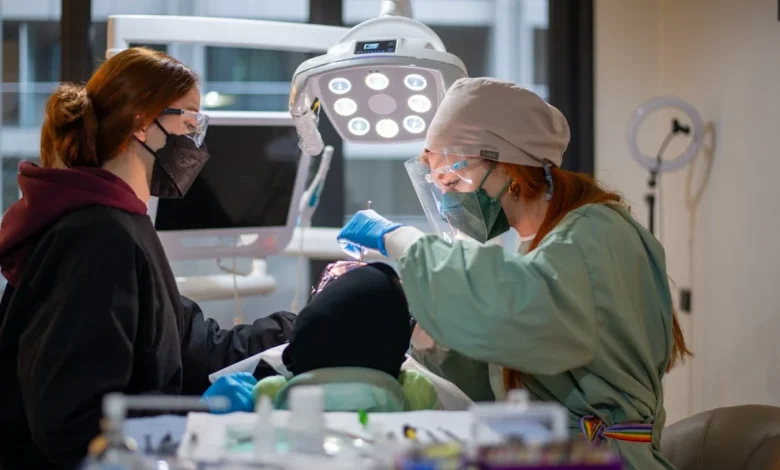Understanding Botox Treatment for Bruxism: A Solution for Teeth Grinding

Teeth grinding, medically known as bruxism, can be a persistent and uncomfortable problem for many individuals. While traditional remedies like mouthguards or stress management techniques are common, there’s another unconventional yet effective solution gaining attention: Botox treatment, as discovered to be one of the best options for teeth grinding management in Birmingham, and all around the world. Here’s a detailed look at how Botox is being used to address teeth-grinding issues.
What is Bruxism?
Bruxism refers to the involuntary grinding, clenching, or gnashing of teeth. It often occurs during sleep but can also manifest during waking hours. This condition can lead to dental problems, jaw pain, headaches, and disrupted sleep patterns.
The Role of Botox in Treating Bruxism
Botox, typically associated with cosmetic procedures, has found an alternative use in dentistry. When injected into specific jaw muscles, Botox temporarily weakens them, reducing their ability to clench tightly. This relaxation effect can alleviate the symptoms of bruxism.
How Does Botox Help?
By targeting the muscles responsible for jaw movement, Botox injections can minimize the force exerted during teeth grinding episodes. This reduction in muscle activity not only alleviates discomfort but also protects teeth from excessive wear and tear.
The Treatment Process
A Botox treatment session for bruxism is relatively quick and minimally invasive. A qualified practitioner will administer small injections into the masseter muscles (jaw muscles) on each side of the face. The procedure is well-tolerated by most patients and requires no downtime.
Benefits of Botox for Bruxism
Effective Symptom Relief: Botox injections can significantly reduce the frequency and intensity of teeth grinding episodes.
Preservation of Dental Health: By preventing excessive pressure on teeth, Botox helps maintain dental integrity.
Improved Quality of Life: Patients often report better sleep and reduced jaw discomfort post-treatment.
Are There Any Side Effects?
While generally safe, Botox treatments may cause temporary side effects such as mild bruising or tenderness at the injection site. These effects usually resolve quickly.
Conclusion
For individuals struggling with persistent teeth grinding, exploring Botox as a treatment option could offer welcome relief. Consulting with a qualified healthcare provider is essential to determine if this approach is suitable. With its proven efficacy and minimal risks, Botox presents a promising avenue in addressing bruxism and improving overall oral health and quality of life.
